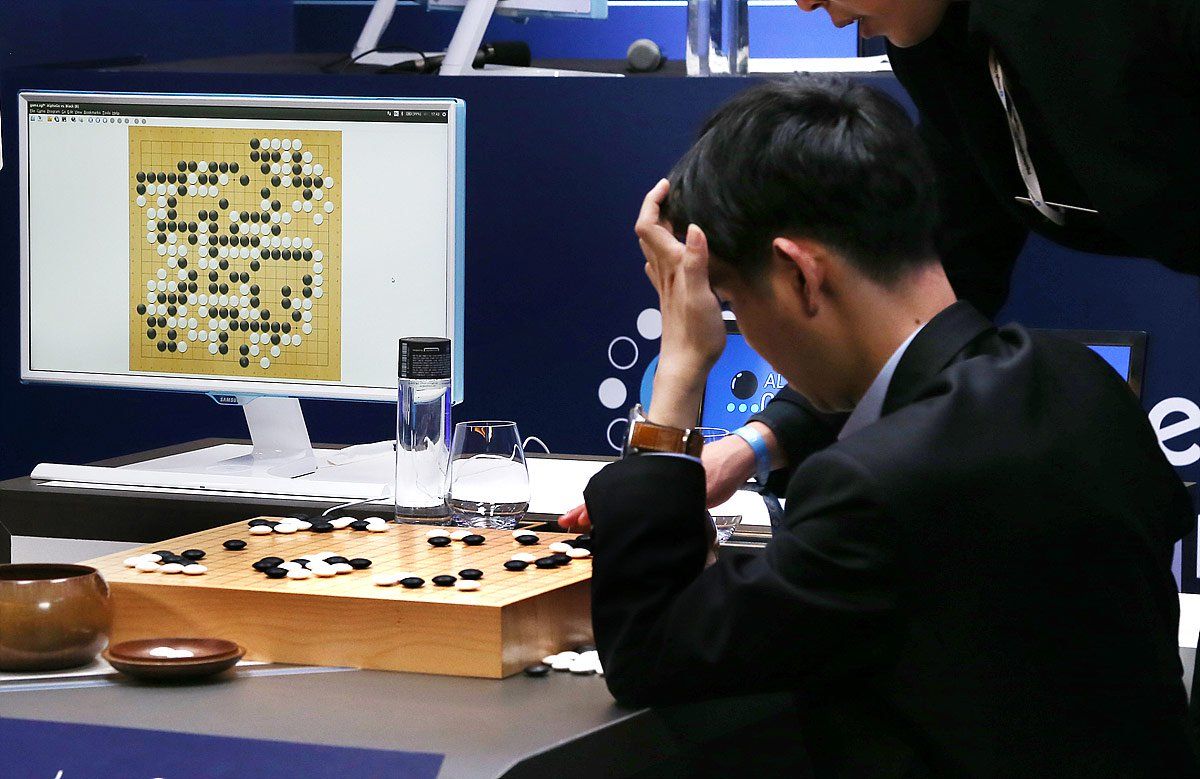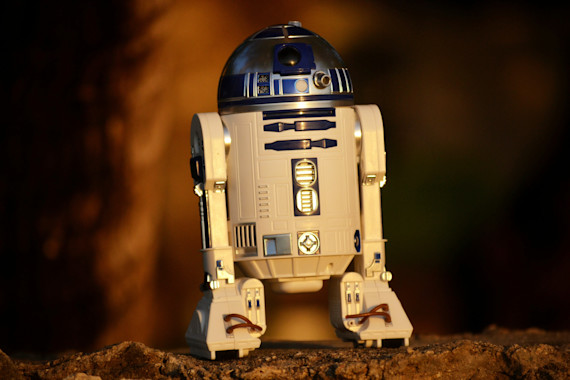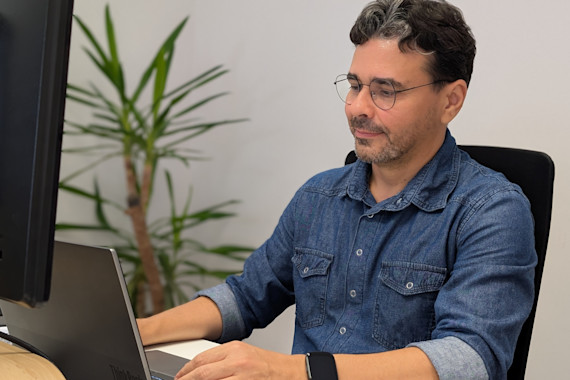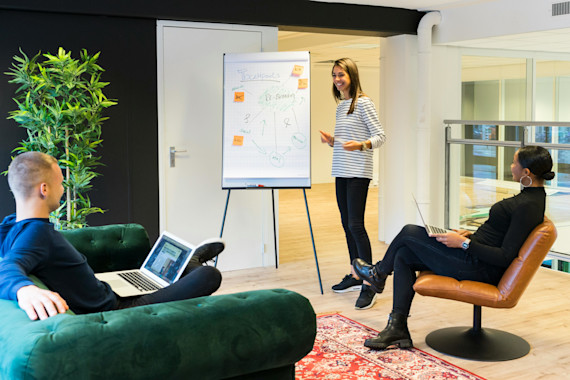One of today's most debated topics is the future of work in an increasingly technological world. Since the creation of what we call the personal computer, essentially carried out by Steve Jobs and Bill Gates in the 1970s, the way we communicate, interact and work has changed profoundly.
One of the differentiating characteristics of the human being, that is, the Homo sapiens, relates to the organization of his brain that gives him the distinctive ability to organize into complex societies and use language. In this way, he can manipulate symbols and communicate his abstract ideas, thus having the faculty of creating culture and technology that can be transmitted to other beings of the same species, being passed on from generation to generation. These two capacities, not being unique to the human species, but especially developed by it, give it what we call intelligent behavior.
The creation of a culture that can be passed on over several generations is, according to Arlindo Oliveira (2019) and Yuval Noah Harari (2016), one of the greatest technological innovations that the human brain has developed. Over the centuries, several technological innovations have succeeded it, with the Agricultural Revolution and, more recently, the Industrial Revolution. The latter triggered successive innovations that made it possible to replace much of the manual work with mechanized work.
During the second half of the twentieth century, digital computers that allowed the manipulation of discrete symbols (0 and 1) began to appear and, from the 1950s onwards, they became increasingly accessible. Following these, personal computers were born and their massification profoundly revolutionized every aspect of our lives, including work. In addition, the area that proposes to study Artificial Intelligence and to understand if someday a computer could behave intelligently, that is, exhibit behaviors identical to those of a human being in similar situations, was born.
Many of the efforts made by the scientific community in the field of Artificial Intelligence are inspired by the way the human brain works. In this way, computers are no longer limited to performing only one specific task, such as calculations, existing already some technologies capable of being combined, thus producing complex and, to some degree, intelligent systems. In 2015, Google DeepMind developed a program that could autonomously learn how to play 49 Atari games (e.g., Pacman), playing them as well or better than humans. Later, in 2016, another Google software, AlphaGo, learned on its own how to play the ancient Chinese game Go, known for its extreme complexity, and defeated the previously unbeatable South Korean champion.

Early on, technological innovations aroused some fear and distrust in some people. An example of this are the so-called luddites, which date back to the era of the first phase of the Industrial Revolution, who feared that machines would replace human beings in various tasks, inevitably leading to a future of poverty and misery. Nowadays, the development of Artificial Intelligence also triggers a certain fear, especially regarding the future of the professions and the humans who perform them. It is no secret that many professions are on the brink of extinction with the introduction of more and more machines. In 2004, two MIT and Harvard scientists published an article exploring the labor market and listed the professions most likely to be automated. Truck drivers were pointed as one of the most difficult professions to automate in the near future, but just over 10 years later, Google and Tesla are challenging this prediction by creating autonomous cars.
One of the reasons that also enhances the automation of so many jobs and, consequently, the erosion of certain professions, is that human beings are now more specialized than ever. A computer engineer or a surgeon both have expertise only in their field, and are therefore more easily replaced by a machine that only has to learn to perform specific tasks better than humans. However, while various professions are disappearing, many others are also emerging from new needs arising from the use of new technologies.
With the rapid evolution of new technologies over the last few decades, it is becoming increasingly difficult to accurately predict what will happen in the future of work. One thing is certain, despite the luddists’ apprehension at the time of the first Industrial Revolution, human beings continued to reinvent themselves as they have always done before and to be needed by the working world. Machines, while becoming more intelligent and autonomous in their learning, are still far from able to mimic all the skills the human brain is capable of. A five-year-old, for example, has a much higher level of learning and cognitive ability than a machine. It is plausible that, in the future, human beings can direct their skills in a more creative way, using capacities that machines cannot dream of having, thus emerging more interesting and challenging professions than many of todays. This way, the future of work may not be as grim as many want to make it seem. It is up to current and future professionals to know how to capitalize on human competences and to reinvent themselves, staying current with the work evolution.
Sources:
Alpha Go (2017), Documentary.
Harari, Y. N. (2016). Sapiens: A Brief History of Humankind. London, UK: Vintage Publishing.
Harari, Y. N. (2017). Homo Deus: A brief history of tomorrow. London, UK: Vintage Publishing.
Malone, T. W. (2019, julho/agosto). “Supermentes” Humano-Computador: Como estão a redefinir o futuro do trabalho? Human Resources Portugal, nº 104.
Oliveira, A. (2019). Inteligência artificial. Lisboa, Portugal: Fundação Francisco Manuel dos Santos.




